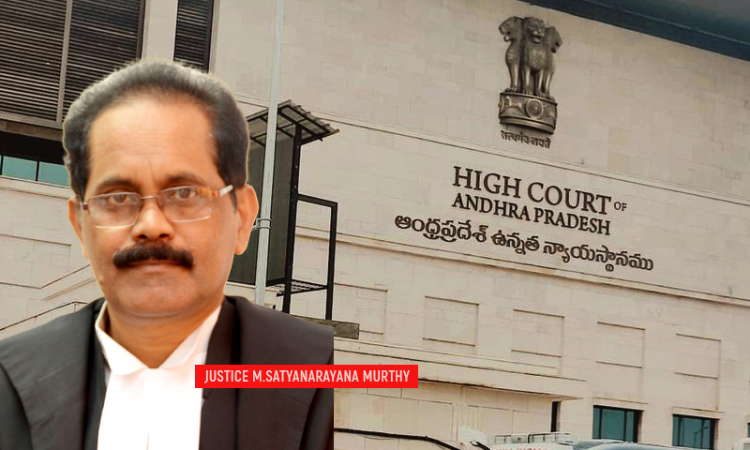Andhra Pradesh High Court Quashes Local Body Elections As SEC Did Not Give 4 Weeks Model Code of Conduct
Akshita Saxena
22 May 2021 5:34 PM IST

Next Story
22 May 2021 5:34 PM IST
The Andhra Pradesh High Court has set aside the elections held to Mandal Parishad Territorial Constituencies (MPTC) and Zilla Parishad Territorial Constituencies(ZPTC) on April 8 on the ground that there was no mandatory gap of four weeks of Model Code of Conduct between the election notifications and the date of elections.The High Court dubbed the decision of the State Election Commission...
